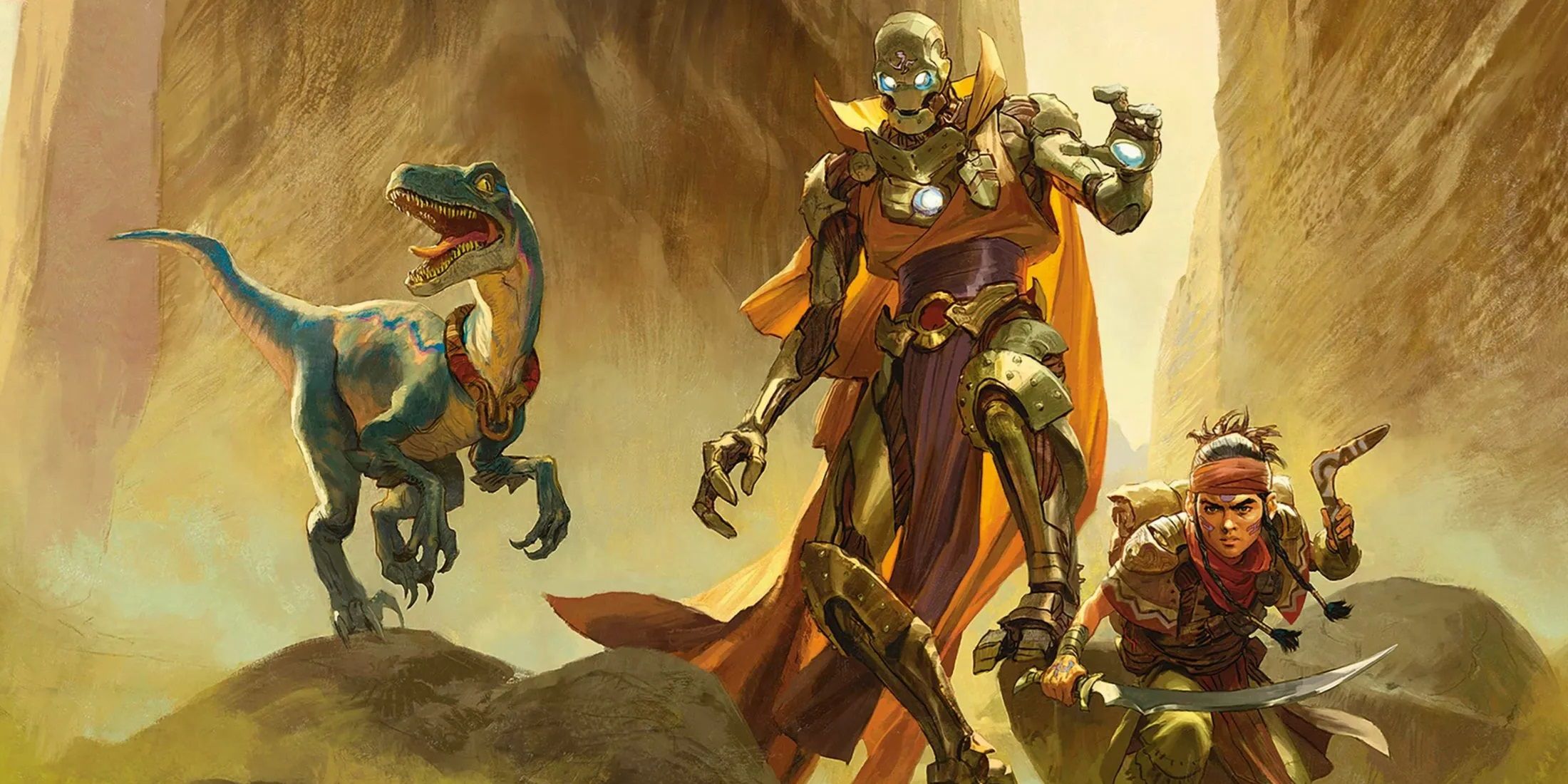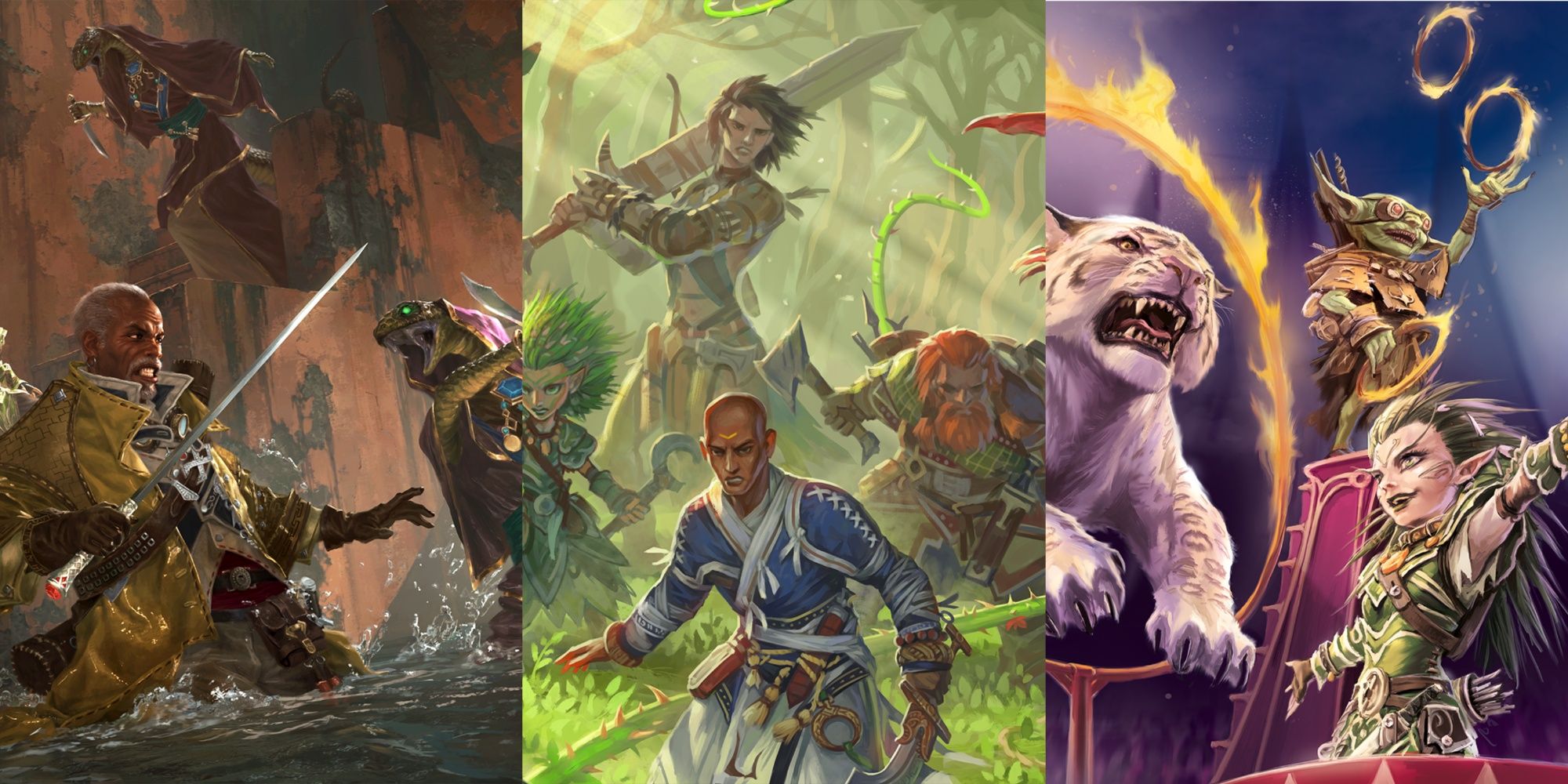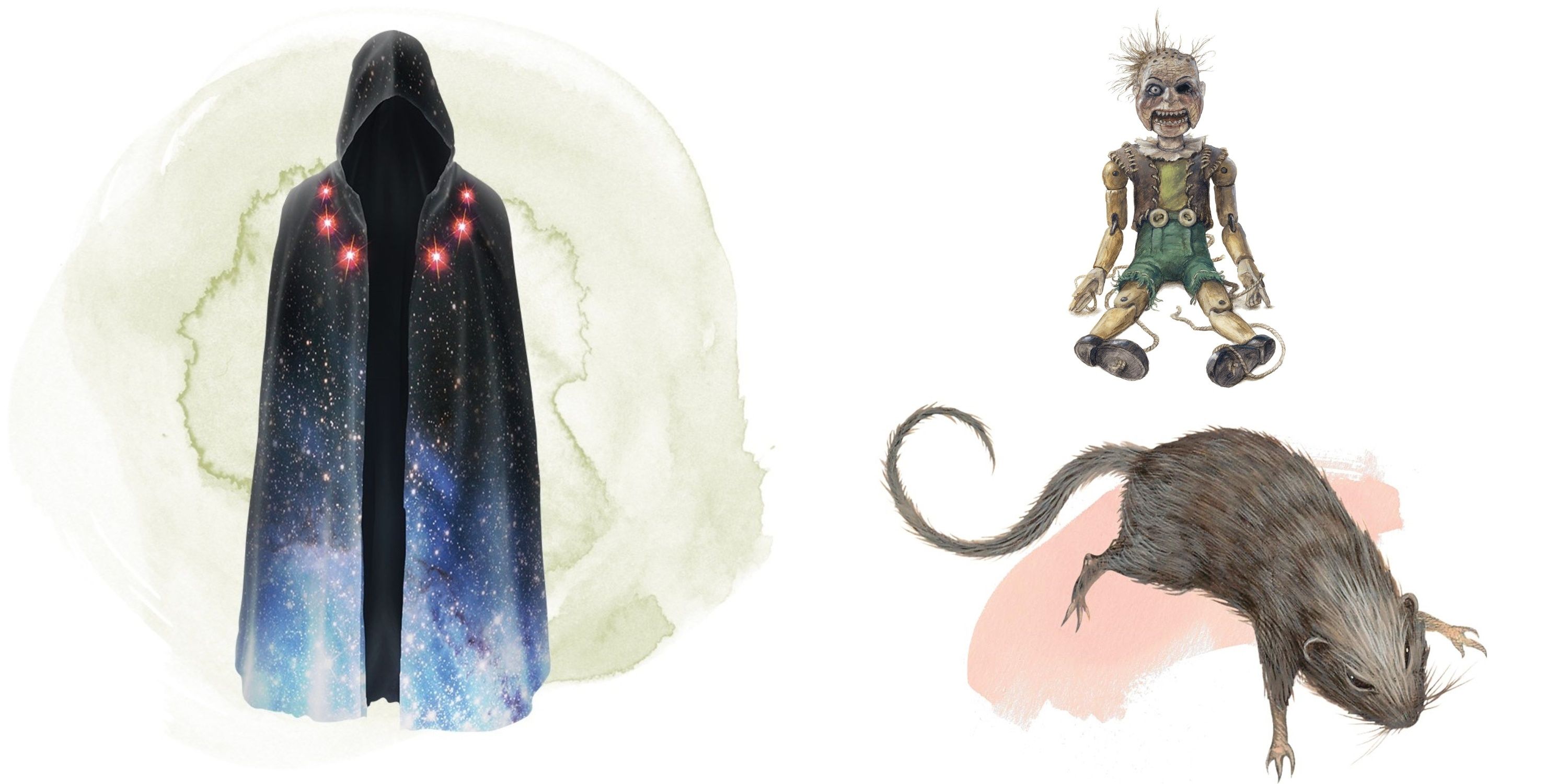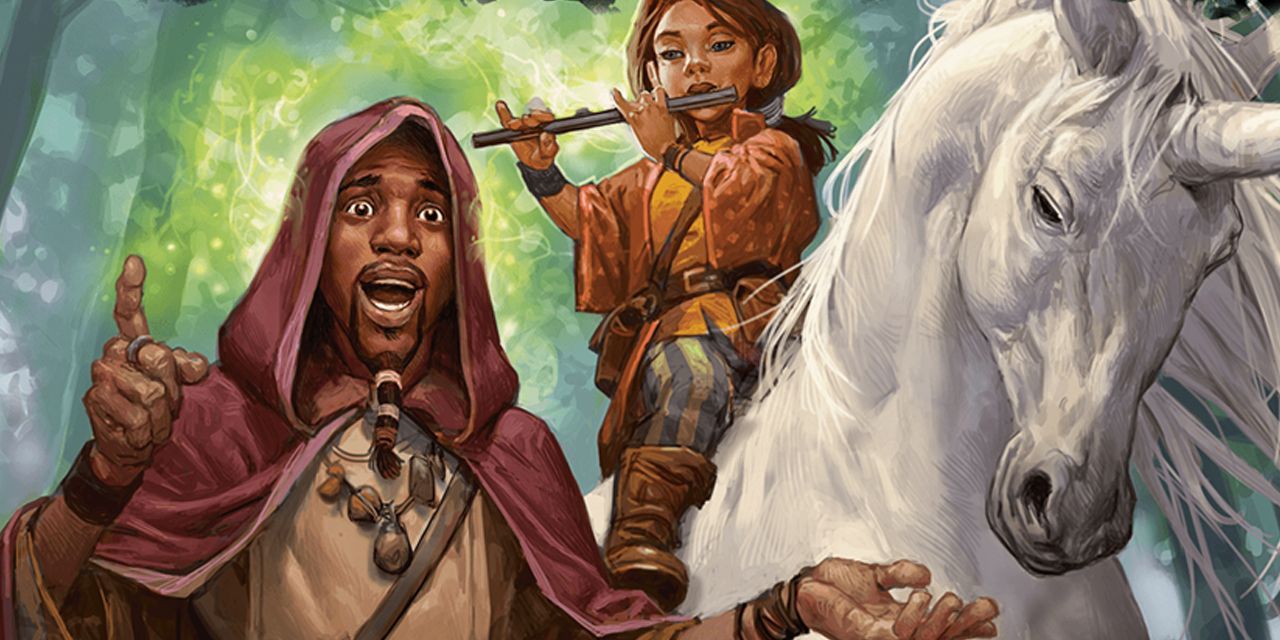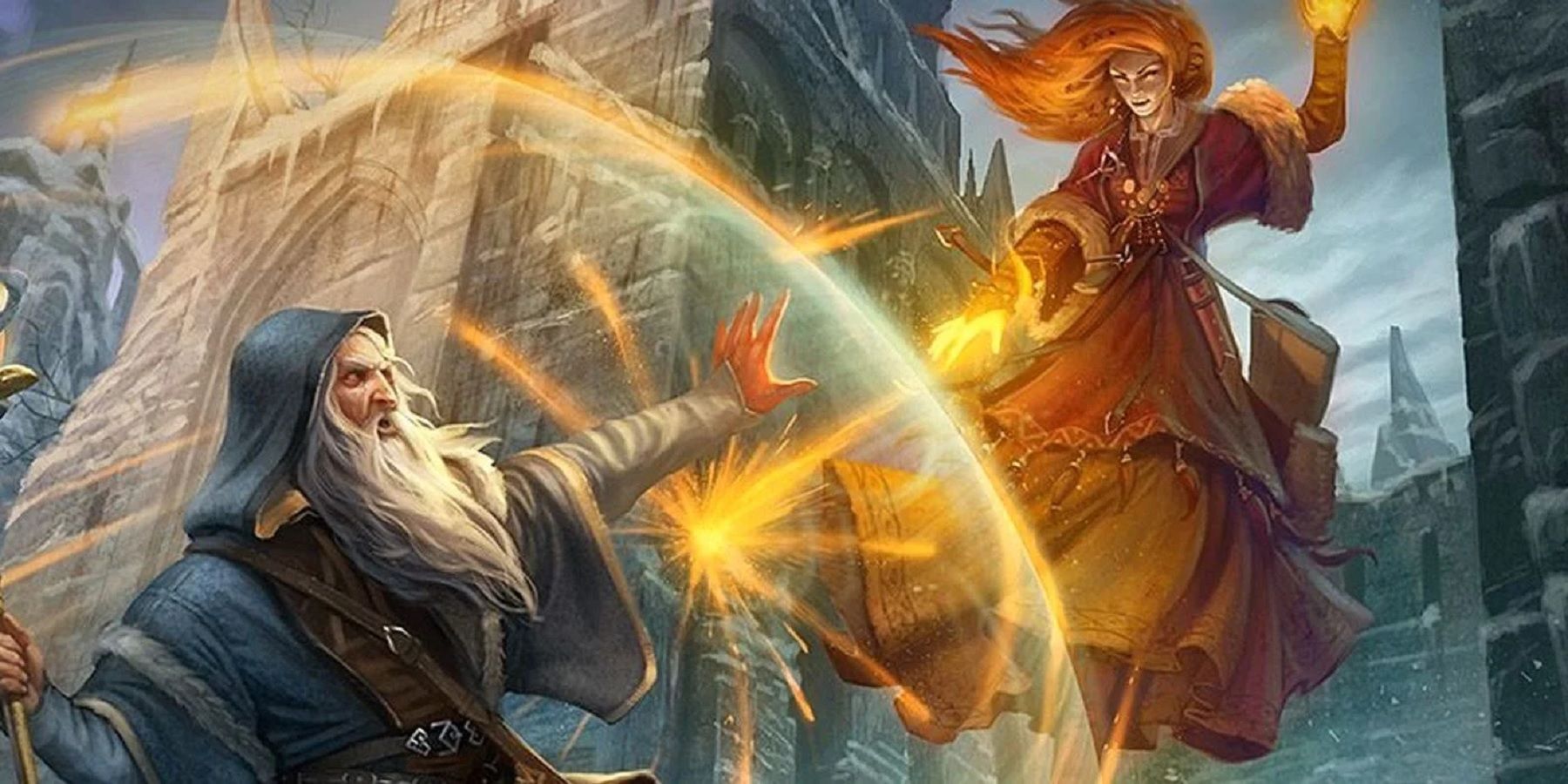Among the classes in Dungeons & Dragons that players can role-play, the Bard has long become one of the most popular when it comes to ruining the DM's plans. These impossibly charismatic characters often influence players to lean in towards the more conversational skills, as the best Bard builds prefer to talk their way out of more encounters than fight.
So, when it comes to how Dungeons & Dragons might be able to improve on the Bard as the Sixth Edition is being developed, the best improvement might not actually be to touch the class itself. Instead, looking at the skill proficiencies and giving them more concrete utility for all players could impact the Bard's abilities more meaningfully than more specific tweaks.
Improved Charisma Skill Checks in 6E
The skill checks currently in D&D 5E regarding Charisma are limited in a way that several other skills aren't, coming down to Deception, Intimidation, Performance, and Persuasion. Only one of these skills isn't directly related to talking, although Performance could certainly be used to decide if a speech or presentation of spoken poetry lands on an audience. In contrast, both Intelligence and Wisdom can spread across vast areas of study, from Magic and Nature, to Perception and Animal Handling.
Additionally, when taking many of these skill checks through the same logic that much of D&D 5E bases the core of the written rules on subjective DM rulings, many of these proficiencies could also be affected by other attributes. Some of this is up to the quality of the Dungeon Master, who might be able to draw from both the character's Charisma and Dexterity when completing a performance like juggling or playing a demanding instrument. However, the written rules don't specifically qualify how this should be handled and leaves much of the nuance in the hands of the players.
In the case of turning this towards the Bard specifically, this could help direct exactly the type of character the player wants to create as they develop their proficiency. Requiring some type of combat attribute in order to successfully pull off an Intimidation check, such as Strength or Dexterity, could influence whether the character is a Bard more interested in physical presence. On the other hand, Deception could pull the Bard away from becoming just an improved version of 5E's Fighter class, and allow the character's Intelligence to inform how they utilize their Charisma.
More Bard Specific Magic
Much of the magic in D&D is built around broad strokes that allows players to create nuance in their characters by the type of damage or influence spells inflict on targets, rather than having a lot of unique spells. For example, a Fifth Level Wizard might have the option between Fireball and Lightning Bolt, but it might be better to pick one that works better for the character in order to gain more utilities outside of direct damage. This large set of similar spells with only small differences between each is equally prevalent in the Bard's list of spells in D&D 5E.
While the Bard's list of spells is much more limited than a Wizard or Sorcerer, the Magical Secrets feature gives the class access to a limited amount of magic from any class. What the Bard needs more than the ability to pick spells from other classes is more dedicated spells that could only work alongside the nature of these charismatic performers. There are some powerful homebrew spells that D&D could use as inspiration for how to improve a Bard's toolkit, but these can go farther than simply giving the class new abilities.
One aspect of the Bard that makes the class unique is the performative nature of everything that these characters do. The use of a feature like Bardic Inspiration is enhanced by how the character performs the inspiring speech or song. This same concept can be drawn into more Bard-specific spells, with certain musical instruments being able to cast certain spells, being utilized as a component like a weapon can be for cantrips along the lines of Green-Flame Blade. Musical components in magic could help to rework D&D 5E's spells in a way that could make the choice of instrument better lead the type of Bard the player wants to make.
Dungeons and Dragons 5E is available now.

